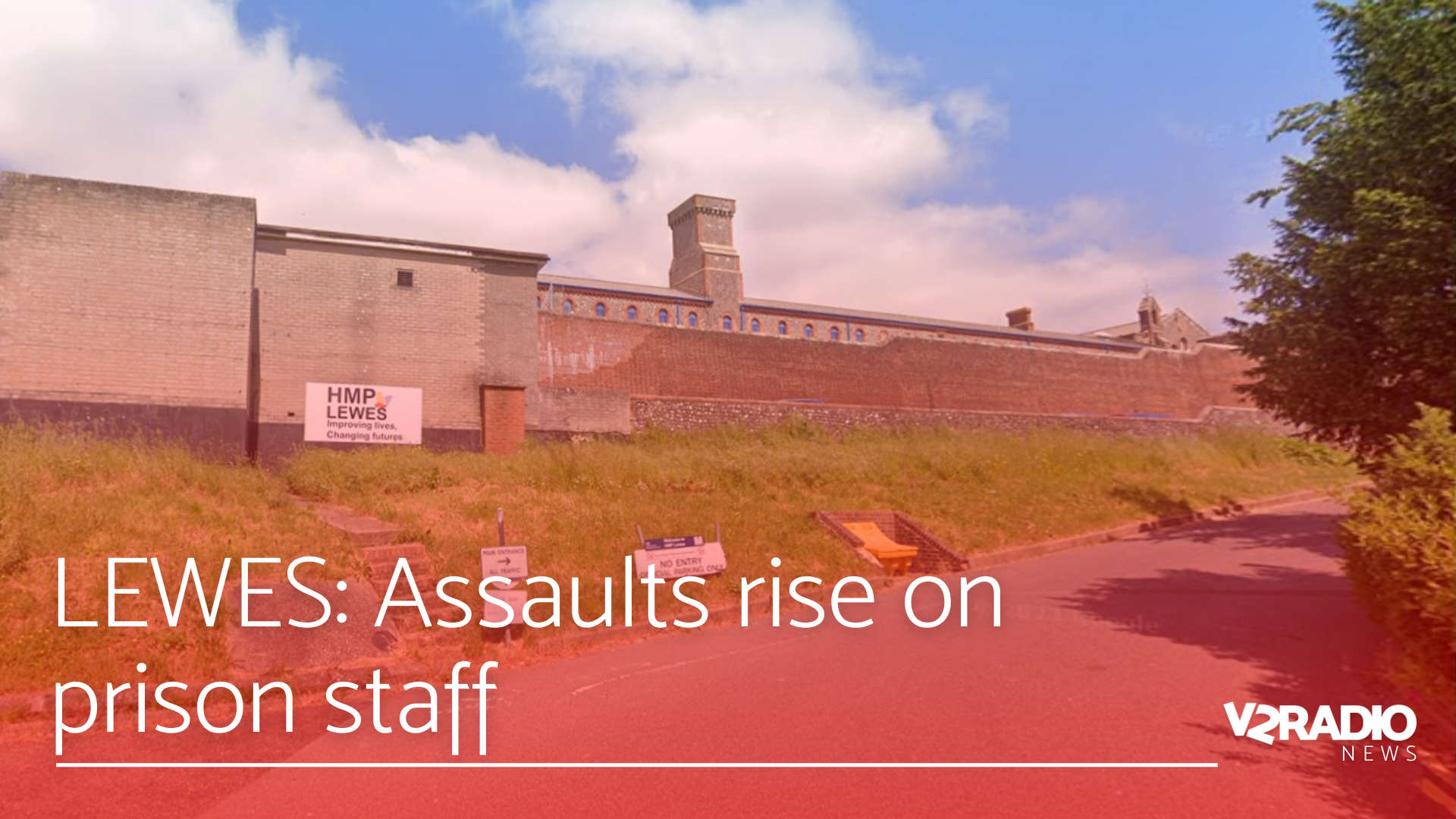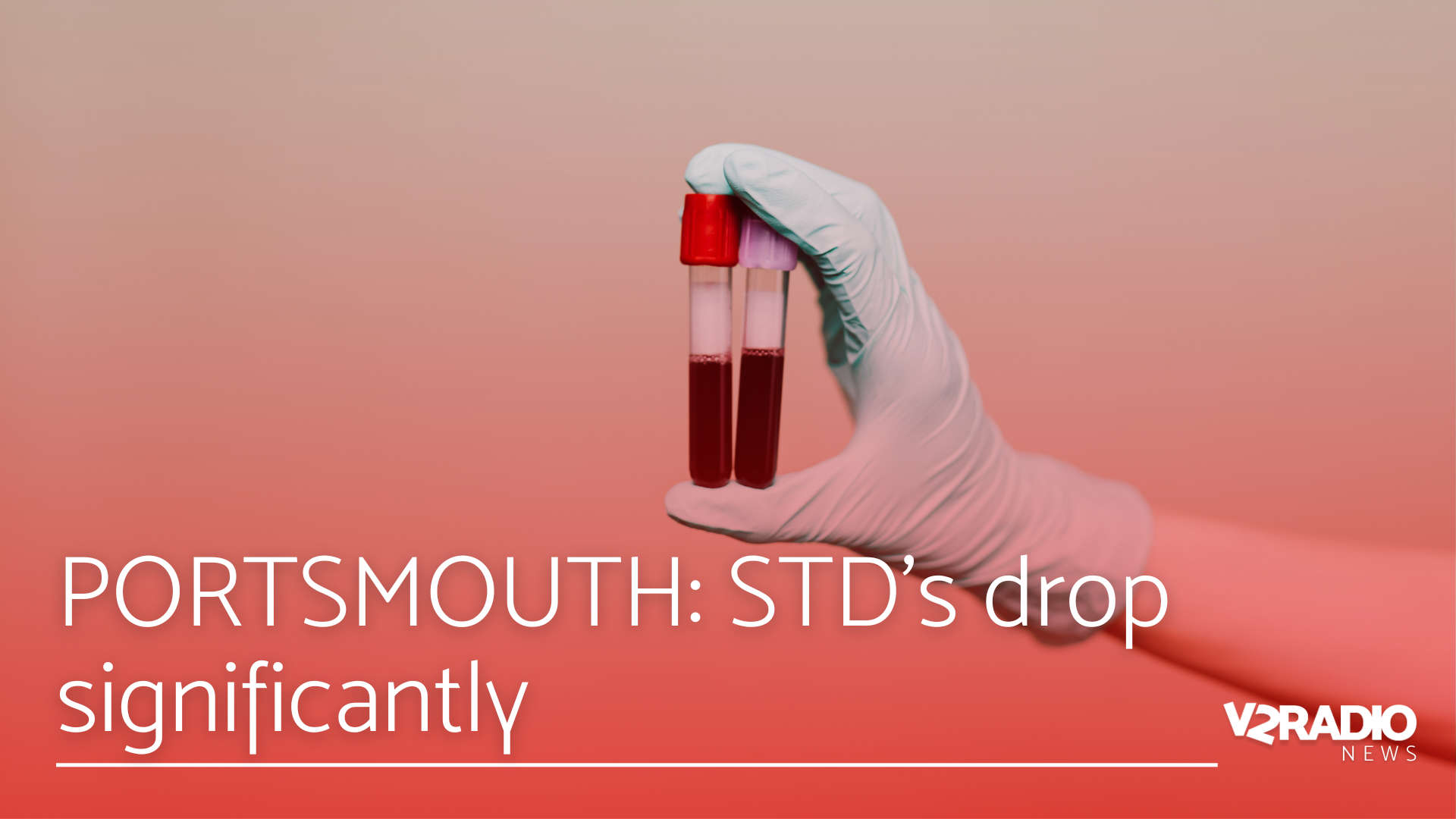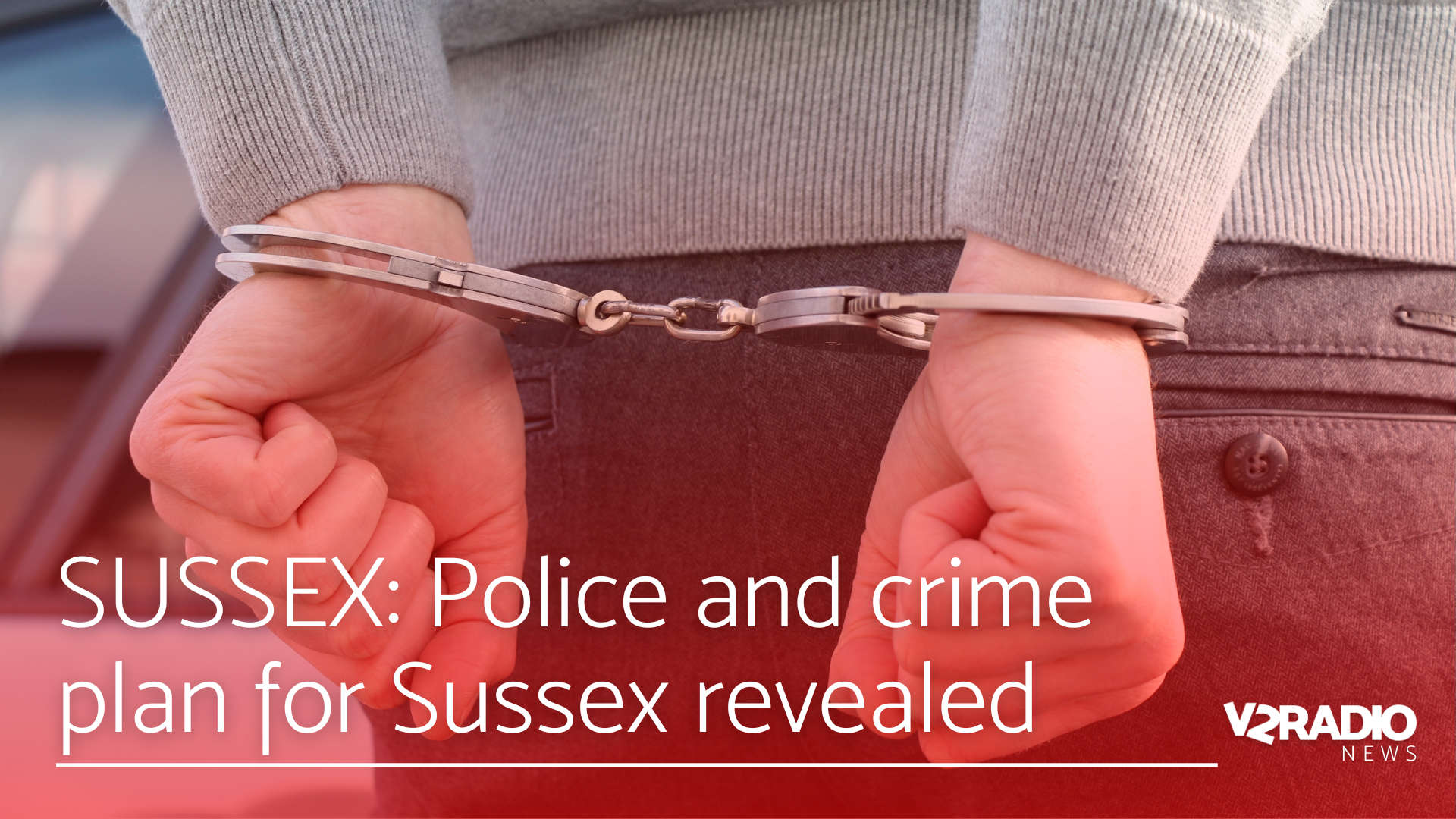
A new report by the Independent Monitoring Board reveals a 15% rise in assaults on staff at Lewes Prison in the last year, despite efforts to improve living conditions for inmates.
The report also highlights a 5% increase in self-harm cases and a 25% rise in the use of force by officers.
Although there have been positive steps, including expanded access to education and exercise, concerns remain over how easily inmates can still obtain drugs, weapons, and mobile phones.
Key findings by the Independent Monitoring Board:
- Prisoner assaults against staff rose by 15%, with 79 incidents.
- Prisoner self-harm rose by 5% to 651 cases, though the rate of increase has slowed and most incidents are classed as low in severity.
- Prisoner-on-prisoner violence fell by 16%, with 194 incidents.
- There was a 25% increase in the number of incidents when officers felt required to use force against prisoners, to 721 cases.
- Drugs, weapons and mobile phones are too readily available.
- Some areas of the prison are still not covered by CCTV, posing a risk to staff and prisoners alike.
Against these concerns, the Board welcomes improvements in the quality of the prison’s resettlement services to help prisoners prepare for their release, and in the prison’s education and healthcare provision.
However, the Board was significantly troubled about gaps in psychiatry, and notes that there was in effect no psychiatrist in the prison for most of summer 2024. The Board calls for greater mental health service provision for prisoners going forward.
IMB Lewes Vice-Chair, Nick Fairclough, said: “We welcome the clear evidence that the prison has become a better place compared with this time last year.
Time out of cell has increased significantly for most prisoners and the physical environment is improving.
All of this is undoubtedly good for the wellbeing of the prison community and the Board notes the general improvement in the atmosphere across the establishment.
However, the Board is still concerned about high levels of violence and rates of prisoner self-harm, though we welcome some recent signs of improvement.
Our monitoring suggests that greater mental health service provision and support for prisoners in mental health distress could help bring about further reductions to levels of violence and self-harm.
In particular we call for an increase in specialist psychiatry within the prison and for greater provision of secure mental health facilities nationally, reducing the time that prisoners in need of such accommodation might be forced to wait before transfer.”

 Success as STI rates fall in Portsmouth
Success as STI rates fall in Portsmouth
 Work starts on Montague Gardens in Worthing
Work starts on Montague Gardens in Worthing
 Trial environmental enforcement scheme to launch in Adur and Worthing
Trial environmental enforcement scheme to launch in Adur and Worthing
 Police and crime plan for Sussex revealed
Police and crime plan for Sussex revealed
 Beachgoers in the South given safety advice from RNLI
Beachgoers in the South given safety advice from RNLI
 Frustration over plans for Brighton Pride
Frustration over plans for Brighton Pride
 Local government reorganisation in West Sussex
Local government reorganisation in West Sussex
 Appeal following fatal collision near Newhaven
Appeal following fatal collision near Newhaven
 South East Water announces hosepipe ban for Sussex and Kent
South East Water announces hosepipe ban for Sussex and Kent
 University of Chichester 12th in the entire country for student satisfaction
University of Chichester 12th in the entire country for student satisfaction






